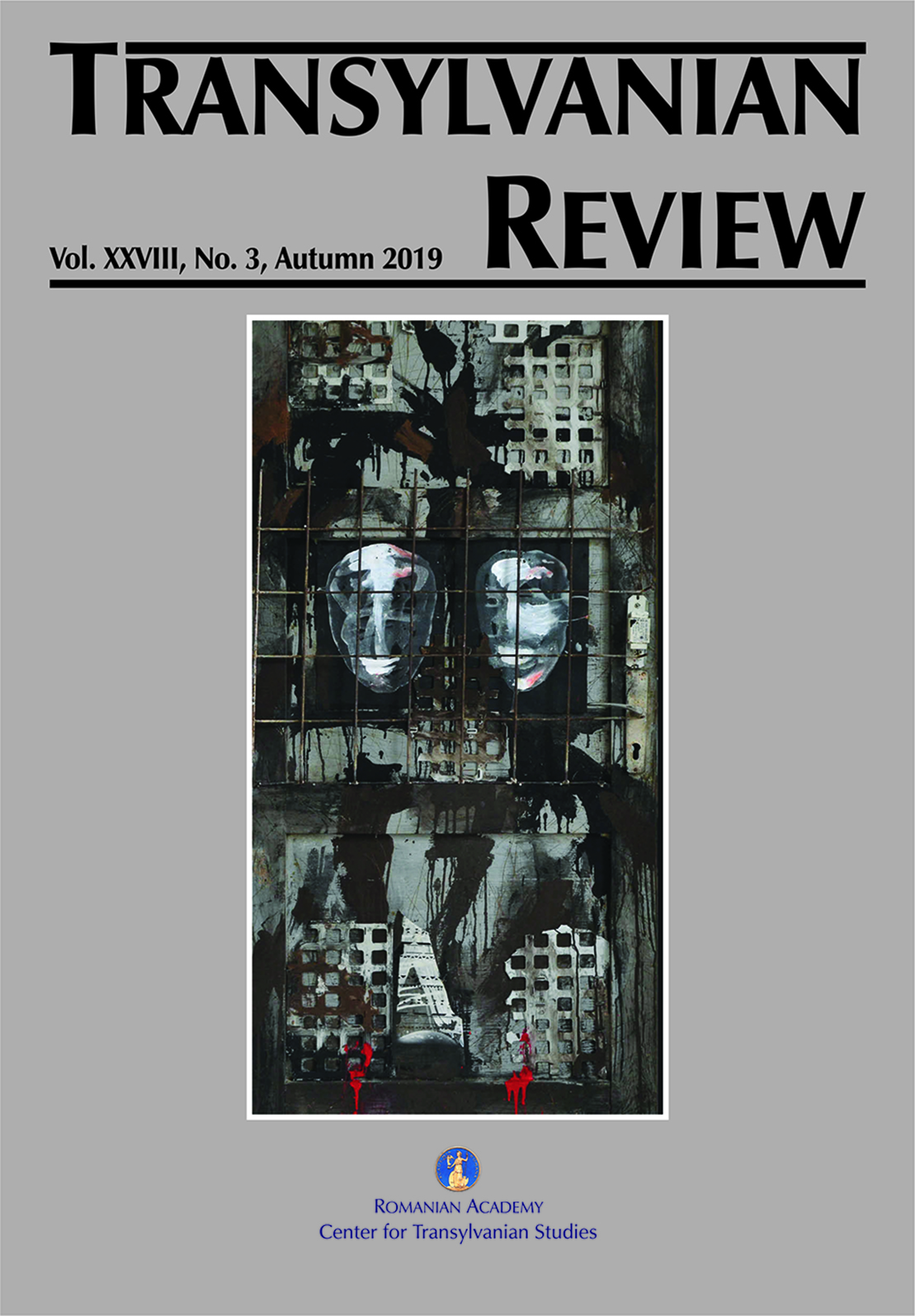Privates und öffentliches Leben, Umwelt, Zeit-und Katastrophenwahrnehmung in der Chronik der Familie Kürschel aus Schäßburg (1662–1745)
Public and Personal Life, the Environment, and the Perception of Time and Disasters in the Chronicle of the Kürschel Family from Sighișoara (1662–1745)
Author(s): Dorin-Ioan RusSubject(s): History, Cultural history, Modern Age, 17th Century, 18th Century
Published by: Academia Română – Centrul de Studii Transilvane
Keywords: Sighișoara; clockmakers; personal life; comet; perception of time; bell; public clock;
Summary/Abstract: The life of the Kirschels/Kürschels, a family of clockmakers from Sighișoara (Schäßburg, Segesvár), is virtually unknown to historians in Transylvania. This family’s chronicle, entitled Chronik der Familie Kirschel in Schässburg aus dem 17. und 18. Jahrhundert, is kept in the Transylvanian archive in Gundelsheim, Germany. It provides valuable information on the life of this family, thus proving its relevance for genealogical research, and on the town of Sighișoara. Its many entries are written in standard German, German dialect, Latin, Hungarian, Italian, Old Greek, and French. The chronicle and the account-book were written in a copybook that had originally belonged to the theology student Martin Guist who was later ordained priest in a parish close to Sighișoara and gave it to the Kirschels/Kürschels. The chronicle and account-book entries were written by four family members who enjoyed professional success and were well-respected in Sighișoara. For instance, Johannes Kürschel (1674–1741) was appointed judge in the Seat of Schäßburg. The chronicle provides information on family life, the environment and the perception of time, among others. However, the data on the family and household members are vague, being mostly limited to dates of birth and death, christenings, weddings, and travels. As regards the perception of the environment, there is information on the price of bread, grain and other foodstuffs, as well as on the use of wood/timber. In addition, there is an interesting description of the passing of a comet, not mentioned in other sources. Not least, the chronicle provides information on the perception of time by both the chroniclers and ordinary people. The Kürschels are the first Transylvanian chroniclers to record the exact time when events occurred. By introducing clocks with a chime mechanism that struck on the quarter hour, half hour, three-quarter hour and on the hour, they (re)organised working hours. Thus, time started to be perceived differently than before. The organisation of work according to secular hours instead of canonical hours demonstrates that in eighteenth-century Transylvanian towns power shifted into the hands of guilds and traders.
Journal: Transylvanian Review
- Issue Year: XXVIII/2019
- Issue No: 3
- Page Range: 64-85
- Page Count: 22
- Language: German

